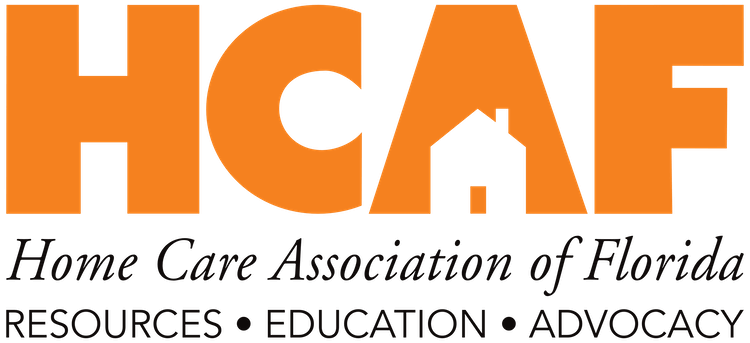Survey Results: Medicaid PDN Provider Insights on Family Home Health Aide Program Participation

Survey Results: Medicaid PDN Provider Insights on Family Home Health Aide Program Participation
HCAF recently conducted a survey among Medicaid Private Duty Nursing (PDN) providers to help inform the Agency for Health Care Administration (AHCA) about potential participation in the upcoming Family Home Health Aide program, designed to support medically fragile children. The program, enacted by HB 391 during the 2023 Florida Legislative Session, is expected to launch later this year. The survey results provide a snapshot of provider engagement, training progress, and key concerns.
Key Findings
- Agency Participation:Of the 66 responding agencies, 60 currently provide Medicaid PDN services. Among these, 49 (82%) plan to participate in the Family Home Health Aide program, while 11 remain undecided. No agency has opted out.
- Patient Interest: Approximately 400 Medicaid PDN patients' families have expressed interest in the program. Although some agencies did not provide exact figures, one reported that 30% of their families are eager to participate.
- Training for Aides: With the finalization of the minimum training requirements, 16 agencies have begun training prospective aides. Overall, 34 aides are currently in training, and one agency expects an additional 28 aides to start training by the end of the month.
Concerns and Questions
Providers raised several concerns regarding the program, including:
- Reimbursement: The $25 per hour rate is viewed as insufficient, particularly for high-acuity cases. Providers seek clarification on whether this is a Medicaid reimbursement or a required wage for aides.
- Liability: Agencies are uncertain whether their insurance will cover liability under the program, especially given the short training period for family caregivers handling complex medical cases.
- Medicaid Eligibility: Families are concerned that participation may lead to Medicaid ineligibility due to increased household income, and agencies are awaiting guidance from AHCA on how this issue will be addressed.
- Training Requirements: The 86-hour training requirement is considered excessive for caregivers already experienced in providing care. Providers are asking if reduced training will be allowed for lower-acuity cases and seek clarification on proficiency standards.
- Program Execution and Rule Finalization: Delays in finalizing the program rules have impacted managed care organizations’ (MCOs) ability to authorize services, creating uncertainty for agencies and families.
- Operational Concerns: Agencies need clarification on whether two separate service orders will be required and how AHCA will handle oversight and compliance.
- Background Checks: Providers want to know if AHCA will reimburse the costs associated with required background checks.
- AHCA Contacts and Oversight: Clear points of contact at AHCA are requested for questions regarding program requirements, along with clarification on training approval, oversight, and compliance procedures.
These concerns were shared with AHCA without disclosing any provider-identifying information.
AHCA Clarifications
AHCA recently addressed two important aspects of the program:
- Authorization Process: Providers should request authorizations for services the same way they currently do for existing patients, with no changes to the process.
- Special Code for Authorization: A special code will be introduced for Family Home Health Aide services, and the Private Duty Nursing Services Fee Schedule will be updated to include specific codes and rates once the rule is finalized.
Next Steps
HCAF has consistently provided AHCA with thorough feedback throughout the rulemaking process, highlighting key concerns raised by members. We remain committed to supporting the successful implementation of the program and will continue to work closely with AHCA to address any unresolved issues. As the rulemaking progresses, HCAF will keep members informed with timely updates on important developments.
